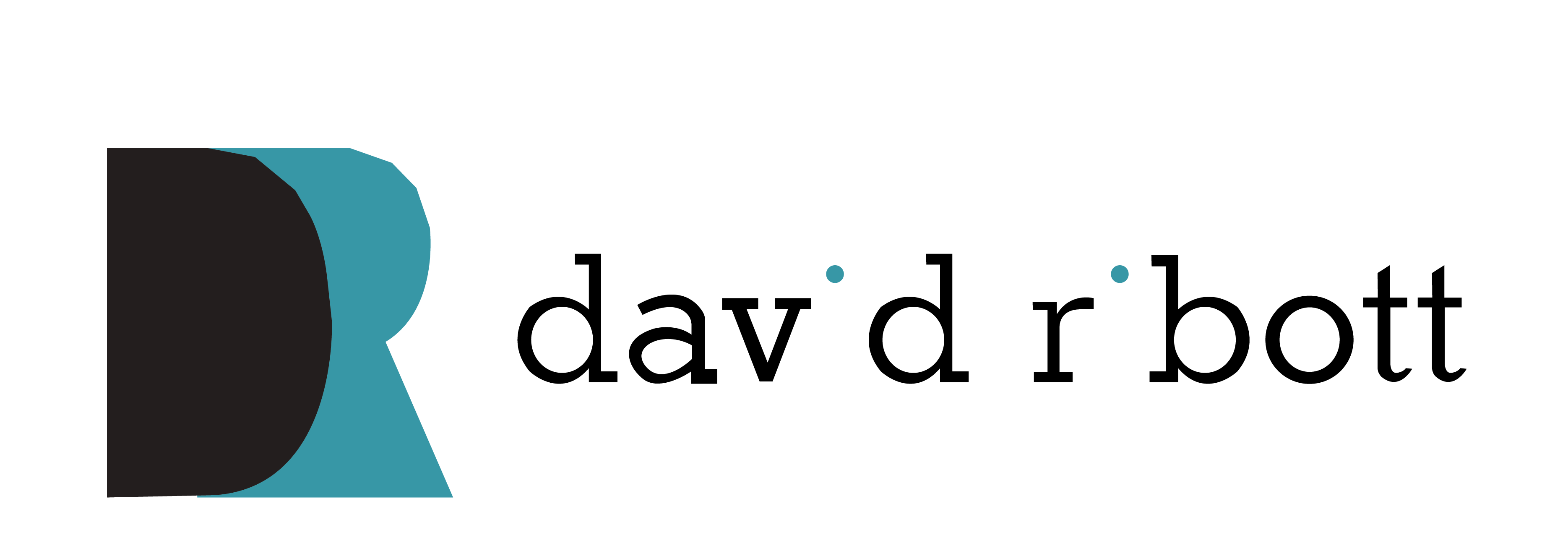My stake in this world, for all my fellow coaching and leadership peers who are CTI Leadership alums, is to contribute to the unleashing of Human Potential where people become the best versions of themselves.
…….becoming the best versions of ourselves is important to me…….really important…..it’s what contributes to good leadership……..success of sound succession of leaders…..but only if we get it right by setting the foundation.
Getting it right needs to incorporate a balance – a balance of both equal parts challenge and support……..CHALLENGE and SUPPORT.

Anything less than equal parts Challenge and Support will lead to Disengagement, Stagnation, or worse yet – Retreat.
So as we move forward, let me pivot and point us in the direction of Emiratization, Qatarization, Saudization: Nationalization talent / leadership mandates which have led organizations within these respective nations to develop strategies and programs to meet specific goals.

The mission: to ready local national talent to take on leadership roles in alignment with a knowledge economy.
From my side, I have spent the better part of the past nine years working in Emiratization initiatives, and recently began dipping my toes into Saudization and Qatarization projects as well.
I also feel the need to share some observations on the complexities that lie ahead with Nationalization strategy and program implementation.
To start, we need to shift our mindsets to see these programs are essentially change initiatives on the LARGEST SCALE…

And what we know about change from the Change and Communication ROI Survey is
– 55% of change meet initial goals, but only 25% sustain those gains
– only 22% of managers find “manage change” training effective
– just 40% of front-line supervisors and 53% of middle managers say they’re “getting the message” out about organizational change[s] in a meaningful way
Underwhelming stats when you consider managing and adapting to change is imperative to an organization’s success.
Engagement data from Gallup also reveals…


Management practices, good or bad, have an impact on how engaged employees are at the workplace, and from previous data, impact talent and leadership development.
However, fault can’t be placed solely on the backs of middle managers alone.
To illustrate this point, have a look at the image below with a particular eye for the arrows on the sides: GUIDING PATH & DRIVING PATH.
On the left side where Strategy sits represents things that are easier to account for, while on the right side where Culture sits are those pesky things that often are difficult to measure…….so in many cases – don’t get measured!!!

The old axiom is true – what gets measured, gets managed.
When an organization’s senior management implements a strategy, but neglects its culture it reinforces to middle managers and front-line supervisors culture is not essential.
Unfortunately, intended outcomes e.g. RESULTS are at risk to Emiratization, Qatarization, Saudization when strategy and culture are not in sync.
If it’s still a bit hazy – let me paint a picture for you…….think of driving a manual car…….you have to control the stick shift, gas pedal, and the clutch……. at the same time…..in order to set the car in motion…

Any lack of synchronicity between any of the three and you’re not going anywhere, and worse yet – you’re likely to burn the clutch and do REAL damage to your car.
Burning your “clutch” is akin to damaging the development of your talent, their leadership development, and your internal capacity for growth – key ingredients to productivity and efficiency…….halting any ability to scale.
…….and essential to sustaining Nationalization success.
_______________________________________________________________
About David
David is a sustainable leadership development advocate and practitioner, who is focused on creating the conditions for people development and organizational success. His passion for sustainable leadership is grounded in the belief that all people and organizations can “disrupt” their performance when the right conditions for success are intentionally cultivated with all stakeholder needs front and center.





